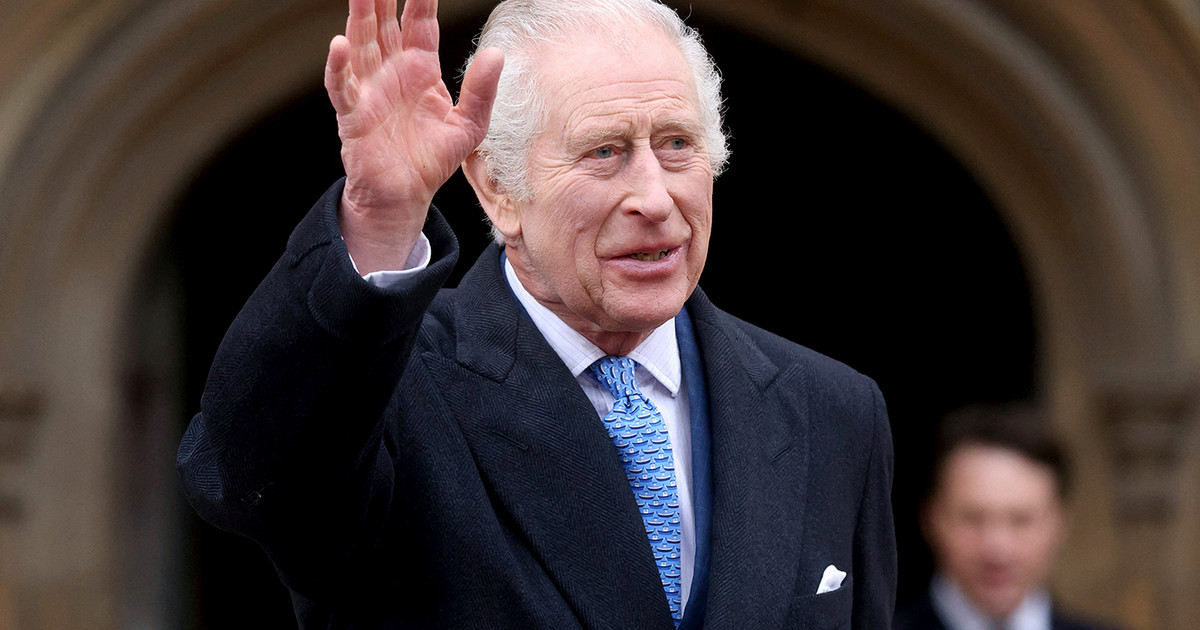Libya’s capital fell silent in the early hours of Sunday, a day after the worst clash in two years killed 32 people and wounded 159, as forces aligned with a parliamentary-backed shadow government failed to oust the current administration.
The city’s roads were busy with motorists. Shops were open and people were cleaning up broken glass and other debris from Saturday’s violence, with vehicles burned in some streets in central Tripoli.
The fighting has raised fears of a wider conflict in Libya over a political standoff between Prime Minister Abdulhamid al-Dbeibah and Fathi Bashagha, who is seeking to install a new government in the capital.
It was Bashagha’s second attempt since May to take command of the country.
However, the airlines said on Sunday morning that flights were operating normally at Mitiga airport, a sign that the security situation had eased for the time being.
The Health Ministry said Sunday that 32 people were killed in Saturday’s violence and 159 were injured, up from a ministry source’s earlier estimate of 23 dead and 87 injured.
The Secretary-General of the United Nations (UN), Antonio Guterres, called for an immediate end to the violence and a genuine dialogue to overcome Libya’s political impasse.
Bashagha’s failure to oust Dbeibah showed that despite a period of realignment between armed factions in and around the capital, the Tripoli government can still count on a military coalition capable of fighting its enemies.
Several groups aligned with Bashagha in Tripoli appeared to have lost control of territory inside the capital on Saturday, while attempts by forces west and south of the city to advance into it appeared to have failed.
A main military convoy that departed Misrata, east of Tripoli, where Bashagha has been based for weeks, turned back before reaching the capital.
A top commander of the pro-Bashagha forces, Osama Juweili, said the fighting was triggered by friction between the armed forces in the capital. However, he added, in comments on Al-Ahrar television, that “it is not a crime” to try to bring about a government through parliament.
Libya’s sweeping political stalemate over government control appears largely unchanged by Bashagha’s attempt to seize power in Tripoli.
There are no signs of any movement towards compromise between the main camps or of new diplomatic efforts to rally them around a fresh push for national elections to resolve the dispute over control of the government.
Meanwhile, pro-Bashagha forces still hold strong positions around the capital. Khalifa Haftar’s main east-based national army waits in the wings.
Source: CNN Brasil
I’m James Harper, a highly experienced and accomplished news writer for World Stock Market. I have been writing in the Politics section of the website for over five years, providing readers with up-to-date and insightful information about current events in politics. My work is widely read and respected by many industry professionals as well as laymen.






